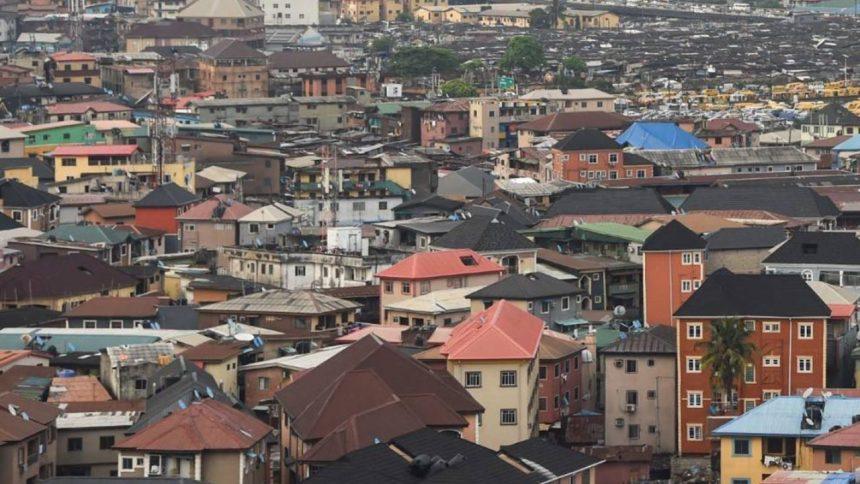In Nigeria, the housing crisis is not only marked by a severe deficit of homes but is also deeply aggravated by discriminatory practices by landlords.
These practices, based on tribe, religion, or marital status, underscore a troubling breach of both constitutional and ethical norms, leaving many Nigerians stranded in their quest for shelter.
One such case is that of Rebecca Chukwu, whose life took a tragic turn on May 16, 2019. Rebecca’s husband, Timothy, embarked on a journey from their Lagos home to Delta State for a construction job, never to return. Days later, she learned that he had died in a work-related accident. The grief of losing her husband was compounded by the difficulties she faced as a widow, particularly in securing a new home.
READ ALSO: Landlord Dies After Argument With Tenant Over Unpaid Rent in Ogun State
Despite receiving compensation for her husband’s death, Chukwu’s attempts to find housing were met with rejection due to her status as a widow. Landlords dismissed her inquiries, with one even inviting her to a church for “deliverance” rather than offering her a place to stay. It took over six months before she finally found a landlady who, also being a widow, understood her plight.
Favour Rowland, a successful entrepreneur, faced similar discrimination. As a single woman in her mid-30s, she found it nearly impossible to rent an apartment in Port Harcourt. Landlords either questioned her marital status or implied that her single status made her an unsuitable tenant. This bias extended to accusations of promiscuity, with landlords expressing concern about the “trouble” she might bring to their properties.
READ ALSO: Abuja’s Housing Crisis: Young Nigerians Struggle as Living Options Dwindle
Men also experience housing discrimination, particularly when it comes to ethnicity or religion. In several cases, landlords outright refused to rent to tenants based on their ethnic background or religious affiliation. In Lagos, some landlords have shown a preference for Indian tenants over Nigerians, further highlighting the discriminatory practices that exacerbate the nation’s housing crisis.
Nigeria’s housing deficit, currently estimated at 40 million units, is a growing concern. Despite various government initiatives, the high cost of housing and low income levels make homeownership out of reach for most Nigerians. Discriminatory practices by landlords only worsen the situation, as many Nigerians are unable to secure housing due to factors that should have no bearing on their suitability as tenants.
These practices not only contribute to the housing crisis but also violate the rights of citizens, creating additional barriers for those already struggling in a challenging housing market. Housing should be a basic right, free from bias or discrimination, yet in Nigeria, these practices continue to thrive, leaving many without a place to call home.



